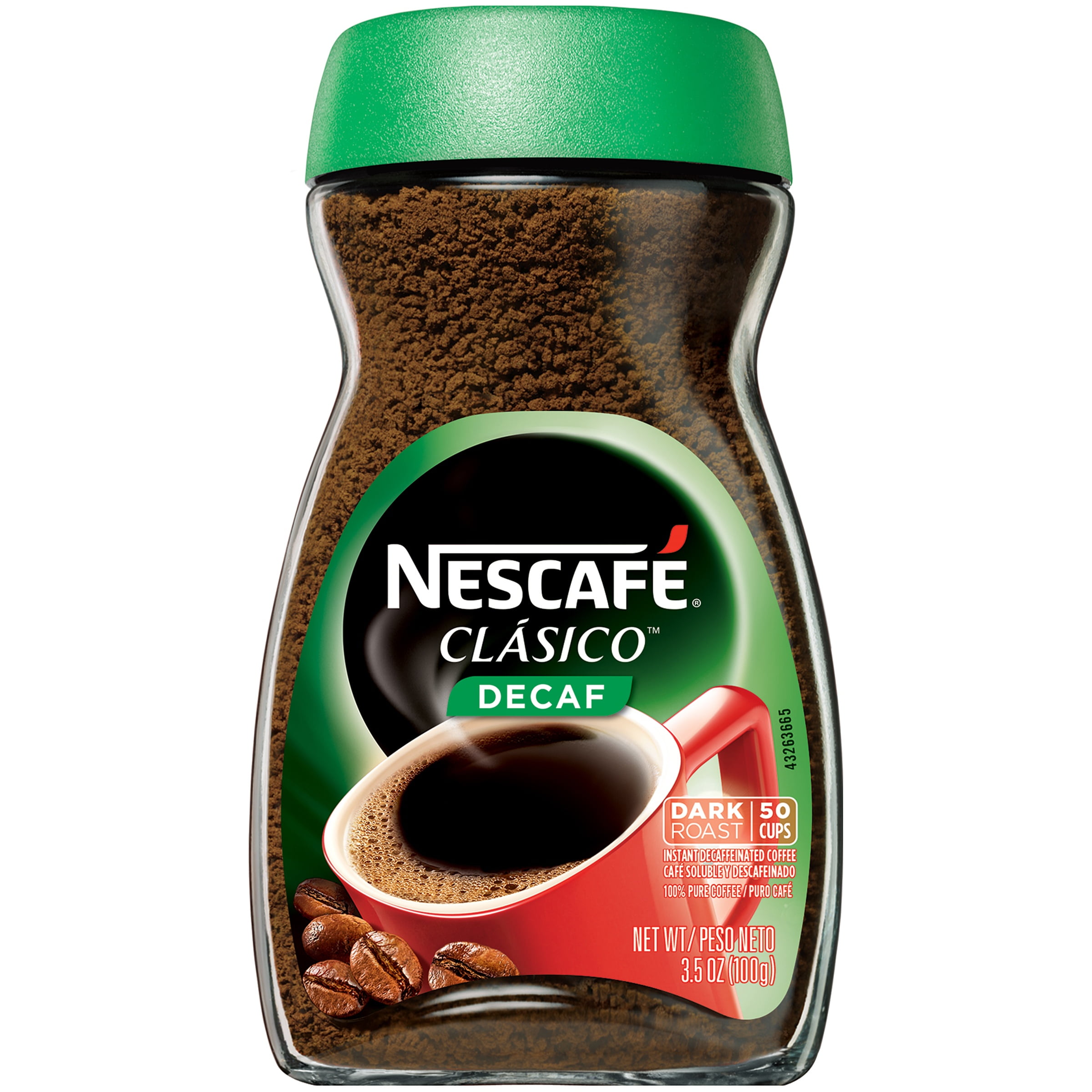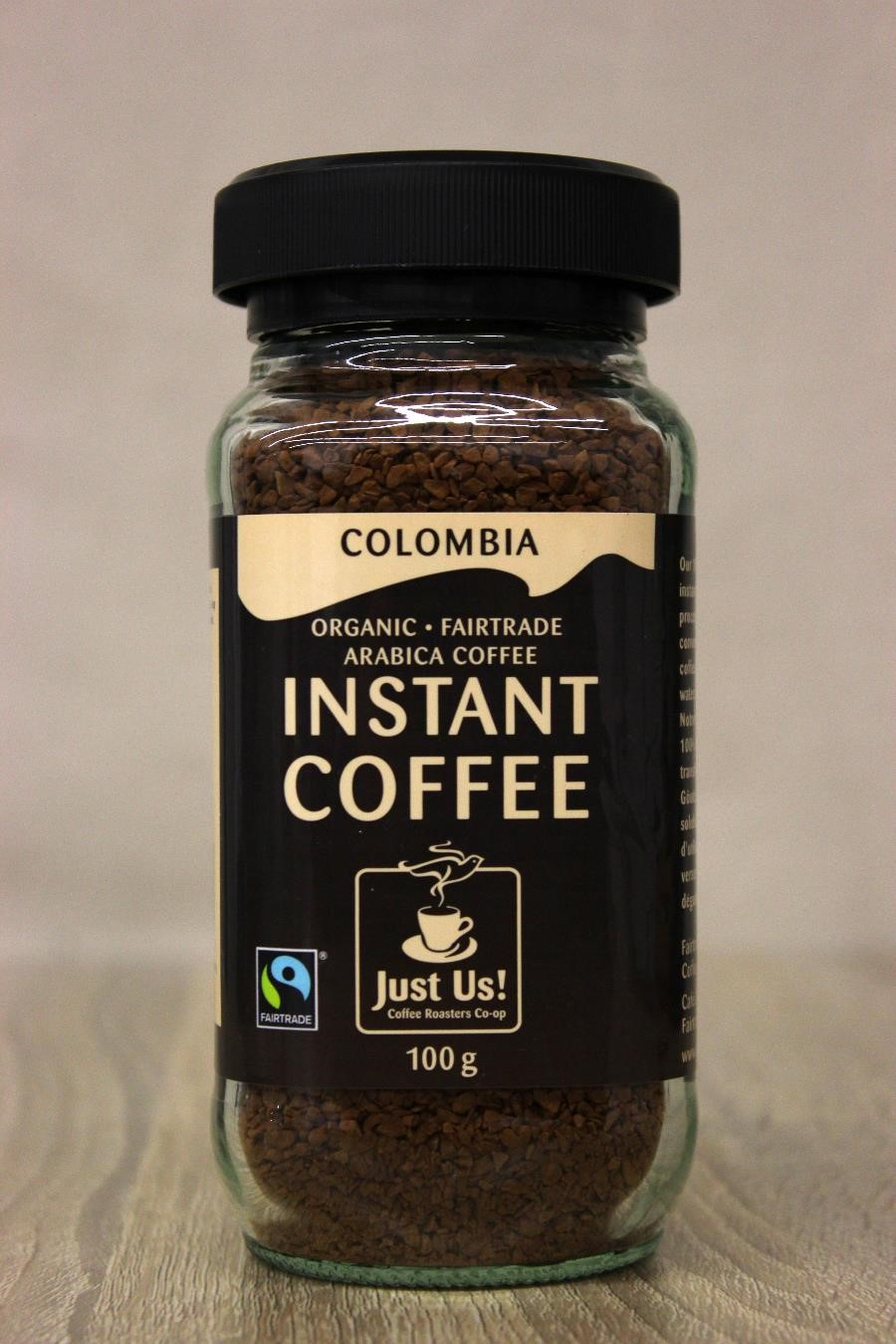

Some modern sources have credited French humorist and writer Alphonse Allais with the invention. Instant or soluble coffee was invented and patented in 1890, by David Strang of Invercargill, New Zealand, under patent number 3518 sold under the trading name Strang's Coffee citing the patented "Dry Hot-Air" process. Instant coffee also reduces cleanup since there are no coffee grounds, and at least one study has found that it has a lower environmental footprint than drip filter coffee and capsule espresso coffee, on a prepared beverage basis, disregarding quality and appeal of the beverage produced. Instant coffee in a concentrated liquid form, as a beverage, is also manufactured.Īdvantages of instant coffee include speed of preparation (instant coffee dissolves quickly in hot water), lower shipping weight and volume than beans or ground coffee (to prepare the same amount of beverage), and long shelf life-though instant coffee can spoil if not kept dry. Instant coffee solids are commercially prepared by either freeze-drying or spray drying, after which it can be rehydrated.


Instant coffee solids (also called soluble coffee, coffee crystals, coffee powder, or powdered coffee) refers to the dehydrated and packaged solids available at retail used to make instant coffee. Instant coffee is a beverage derived from brewed coffee beans that enables people to quickly prepare hot coffee by adding hot water or milk to coffee solids in powdered or crystallized form and stirring.


 0 kommentar(er)
0 kommentar(er)
